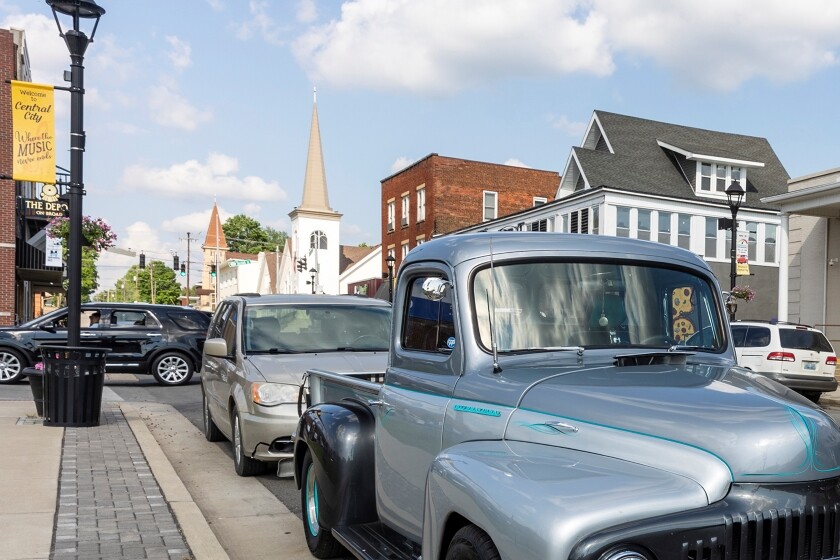To better understand that relationship, Eric Hedberg from Abt Associates and I surveyed Democratic, Republican and independent registered voters in Arizona about their political persuasion, personal networks and media consumption habits. In Arizona, roughly one-third of voters are registered Democrats, one-third are registered Republicans, and one-third are independents. We wanted to explore how the interaction of news and social networks affects voters in their gathering and discussion of political related information.
Our findings show that independents have social networks that are structurally different from those of partisans. Specifically, we found that both Democratic and Republican respondents were more likely to frequently talk about politics with independents than with members of the opposing party. Likewise, a greater percentage of both Democrats and Republicans report having an independent in their social network than they do a member of the opposing party.
We also collected data on media consumption and found evidence that independents may moderate overall partisan media consumption through social networks by sharing political news in discussion with members of both parties. To measure media use, political news sources were scored on a continuum of left to right based on the use differences between strong Republicans and strong Democrats. The scored sources ranged from The New York Times on the liberal end of the spectrum to Fox News on the conservative end. The most interesting results were for Republican respondents: The study showed that while Republicans with mostly Republican friends scored the most conservative on the media-use scale, Republicans with independent friends scored average, suggesting a moderating role by their independent friends.
Independents were not only frequent discussion partners with both Democrats or Republicans but they were also less likely to end friendships over disagreements with them. Young Democrats were the group most likely to end a friendship over a political dispute. This is particularly interesting because in our study, Democrats as a group were much less likely than Republicans as a group to frequently talk about politics with independent friends. While this is not definitive evidence that cross-cutting conversations with independents increase tolerance for different views, it does offer some support for the idea that partisans who interact with those who belong to different groups may be less invested in protecting the ideological homogeneity of their networks by terminating relationships over such disagreements.
While previous research shows that individuals with highly polarized views are less likely to discuss politics with those who hold opposing views, our research shows that partisans continue to discuss politics with independents. As such, independents may very well be the key to bridging the political divide by moderating the views of committed Democrats and Republicans and, in doing so, expanding the advantages associated with cross-cutting discussions, including increased tolerance for the views of others, ability to accurately assess whether information about politics is true, and decreased likelihood of relying purely on partisanship for voting decisions.
In short, our findings offer some hope that diverse social networks can moderate media consumption, especially for Republicans. While algorithms and content filters may make it less likely that people are exposed to diverse news sources online, diverse social networks may be able, at least to some degree, to counteract the effects of technological ones.
And efforts to encourage partisans to interact more with independents would build on an emerging political dynamic: As the number of Americans who identify as Democrats or Republicans has diminished over the past two decades, independents and unaffiliated voters have grown in number to encompass more than 40 percent of the electorate.
So what might be done to bring partisans and independents together in conversation? Local media can make a concerted effort to reach out to independents in their news coverage, including assembling focus groups and conducting interviews with independents on important issues; too often, the media covers policymaking and elections only through the lens of the two major parties. Likewise, elected and other local government officials can target outreach to independent voters via both online and face-to-face forums of public participation. Whatever steps are tried, it seems safe to say that most of the electorate would welcome anything we can do to draw Americans out of the alternative political realities so many now live in.
Governing's opinion columns reflect the views of their authors and not necessarily those of Governing's editors or management.
Related Content














